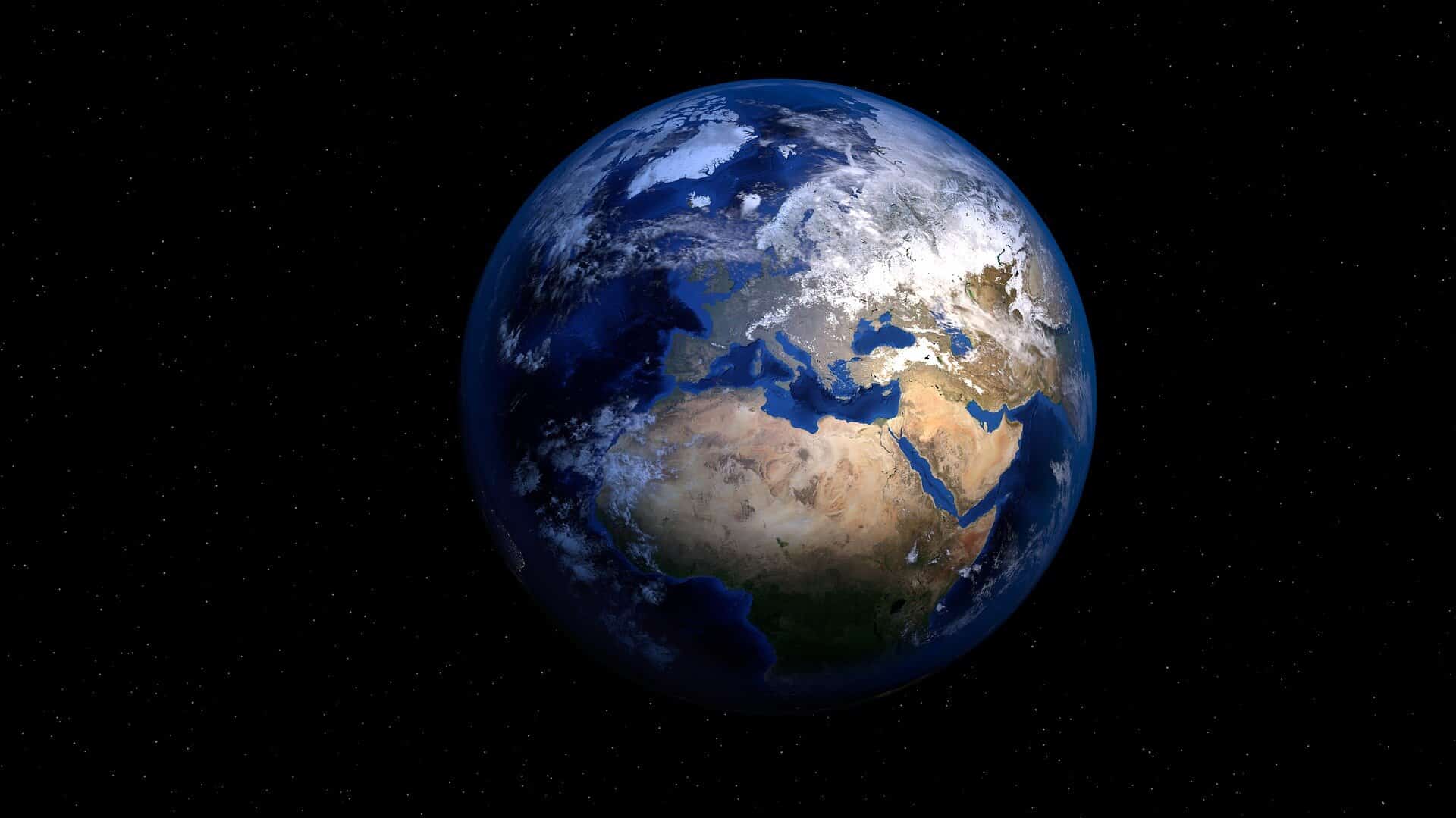When climate fear becomes a daily struggle for youth
As the climate crisis intensifies, its effects extend far beyond the environment and economy—they are taking a significant toll on our mental health, especially among young people. Increasingly, scientists and mental health professionals are recognizing a new wave of psychological distress tied directly to climate change, often called eco-anxiety, climate grief, or eco-distress. This distress ranges from anxiety and depression to post-traumatic stress, triggered by witnessing or living through severe weather events and the ongoing deterioration of the planet.
Why are young people particularly vulnerable?
While climate anxiety affects people of all ages, research shows that younger generations are disproportionately impacted. Children and teenagers, even as young as preschool age, are exhibiting symptoms of climate-related emotional distress. Experts explain that youth brains, which are still developing and highly adaptable, are also more impressionable—making them more sensitive to feelings of fear, helplessness, and grief about a warming planet.
Recent studies underline this alarming trend. For example, a 2025 survey of nearly 3,000 Americans aged 16 to 24 revealed that around 20% of respondents are fearful of having children due to climate concerns—this number rises for those who have directly experienced natural disasters. Similarly, a global study found that nearly 60% of young people are very worried about climate change, with many reporting that their anxiety negatively affects daily life. The same research noted that a majority feel abandoned by older generations who have failed to protect the planet, leaving a heavy emotional burden on youth.
The emotional toll and its long-term effects
The mental health consequences of climate change are not just short-term reactions but can linger for years. Research tracking thousands of high school students found that experiencing climate disasters correlates with increased mental distress—including prolonged sadness and sleep issues—even several years after the event.
Common symptoms linked to climate anxiety include persistent worry about environmental collapse, panic attacks, trouble sleeping, obsessive consumption of climate news, feelings of helplessness, and loss of motivation regarding life goals such as parenting or career planning. These issues often compound existing mental health challenges, making climate change a significant factor in overall psychological well-being.
How can we cope with climate anxiety?
Experts categorize coping strategies into three main types:
- Problem-focused coping: Taking action, such as protesting or reducing carbon footprints, which can be empowering but risks burnout if efforts feel insufficient.
- Emotion-focused coping: Avoidance or denial, which may provide temporary relief but often leads to disengagement and cynicism.
- Meaning-focused coping: Embracing the emotional distress while finding purpose and hope through collective action and resilience, considered the most sustainable approach.
Validating emotions is critical—acknowledging grief, fear, or anger before moving on to problem-solving helps prevent unhealthy shutdowns or maladaptive behaviors.
Practical steps to manage climate anxiety include expressing feelings openly, seeking community support, taking small meaningful actions, balancing news consumption to avoid overwhelm, and working with therapists trained in climate-related distress.
The role of therapy and emerging treatments
For many, climate anxiety overlaps with or worsens clinical conditions such as generalized anxiety disorder, depression, or PTSD. New treatment options like Transcranial Magnetic Stimulation (TMS) are gaining attention for their ability to alleviate severe symptoms that block daily functioning. While TMS doesn’t address climate change itself, it helps individuals regain mental clarity and emotional stability, empowering them to engage more effectively with both their personal lives and activism.
Turning anxiety into action and hope
Despite its challenges, climate anxiety can also fuel motivation and activism. Many young people channel their fears and anger into leadership roles in environmental movements, advocating for systemic change. This generation, often unfairly burdened with the consequences of previous inaction, is calling for a radical reimagining of how society approaches climate and sustainability.
Ultimately, climate anxiety is not just a personal struggle but a collective call to acknowledge the emotional realities of living in a warming world. Through compassionate support, innovative therapies, and meaningful engagement, individuals and communities can transform despair into resilience—building hope for both our mental health and the future of the planet.
Discover more from European Wilderness Society
Subscribe to get the latest posts sent to your email.










